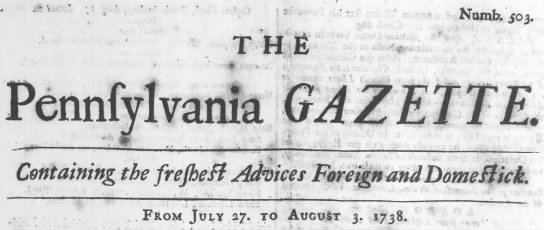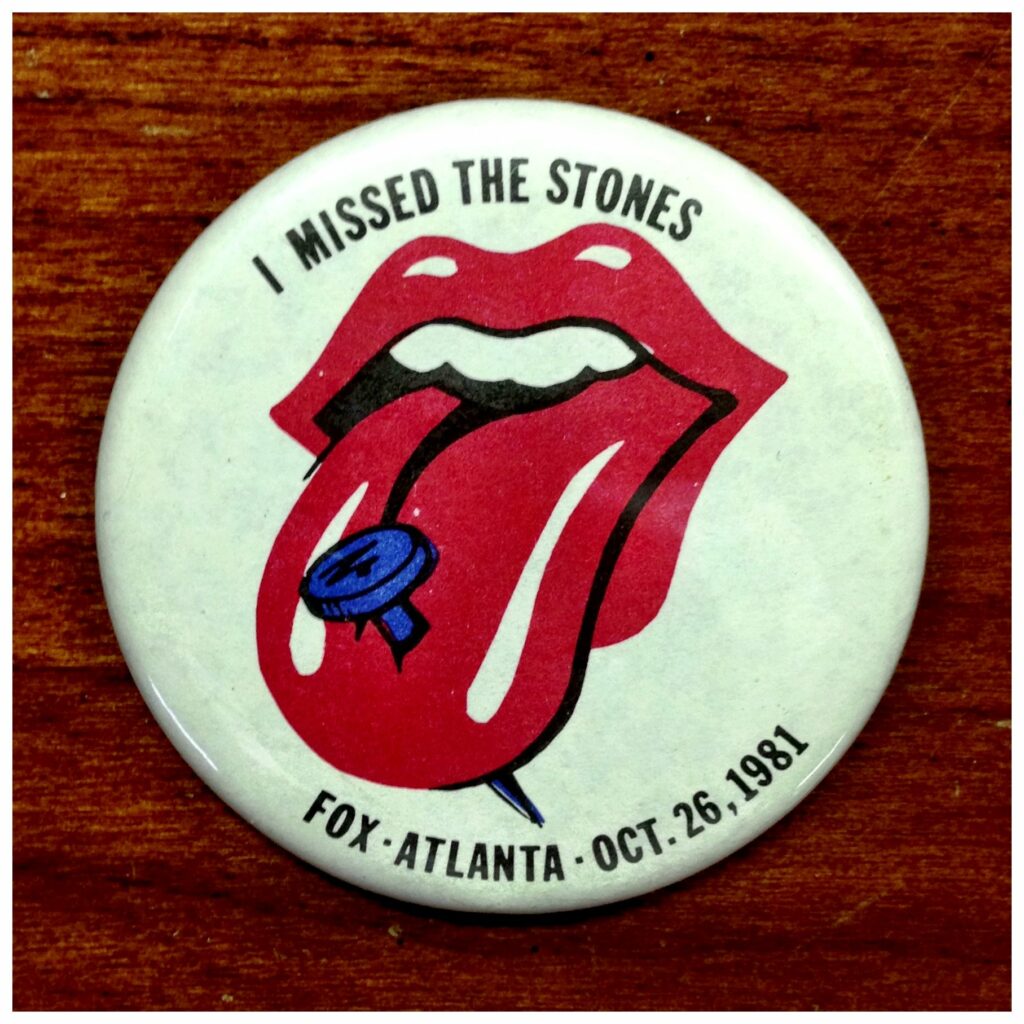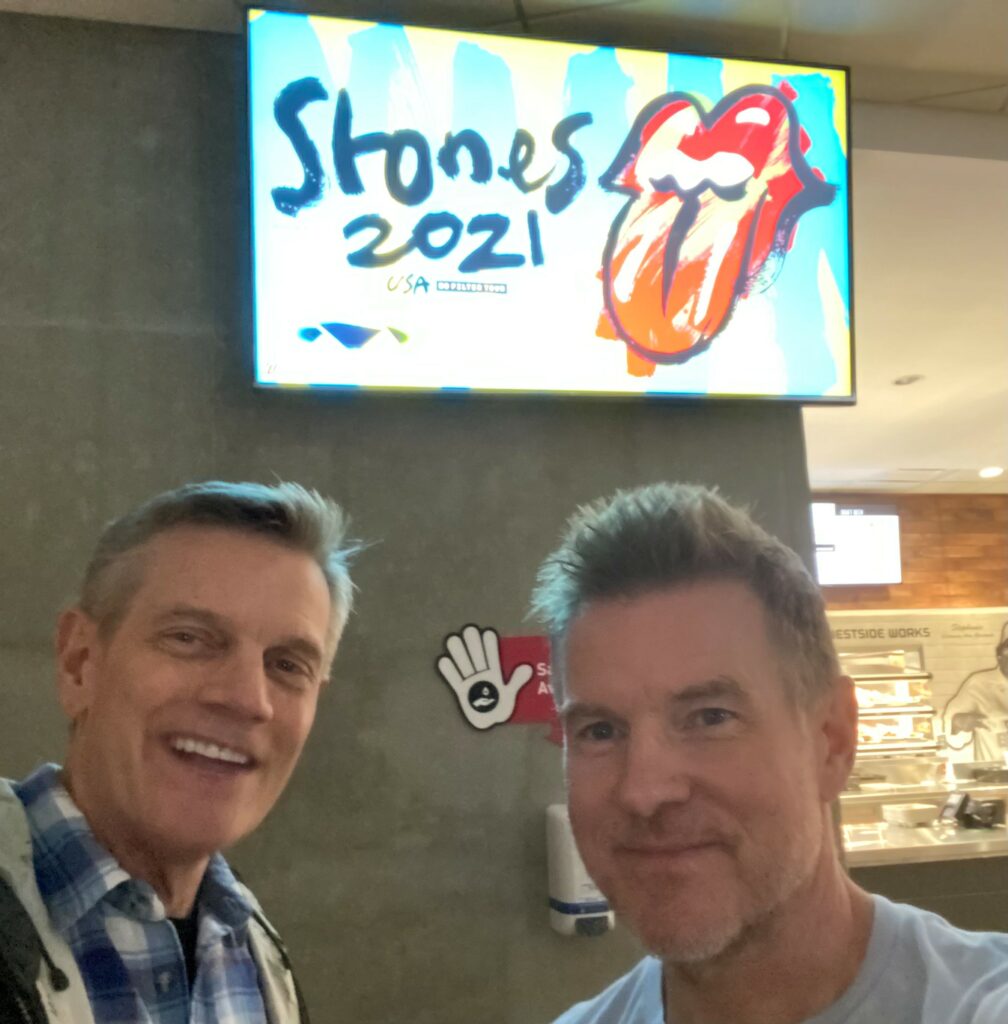Item: After every election, those displeased with the outcome often threaten to “move to Canada” or to secede or otherwise withdraw from American life. I thought about that when I recently began re-reading Edmund Morgan’s classic The Puritan Dilemma: The Story of John Winthrop. I first read this book as an undergraduate in Phinizy Spalding’s Colonial American history class at UGA, and at that time I didn’t understand at least half of it. As I’ve mentioned before, I am now periodically re-reading some of the classics from grad school in order to do justice to books that got short shrift then. Morgan’s book was first published by Little, Brown, & Company in 1958 and is part of the “Library of American Biography” series.
The Puritans got their name, of course, because of their desire to purify the Anglican Church in England, and like many reformers on a mission, they could be a rather single-minded, driven, uncompromising bunch. This increasingly put them on a collision course with King James I and his son Charles I, as their demands for reform became increasingly outspoken. John Winthrop and many of his fellow Puritans could see the writing on the wall, and instead of remaining and taking part in what eventually became the English Revolution, they formed the Massachusetts Bay Company and in 1630 separated themselves from the home country by 3,000 miles.
The dilemma in the book’s title is the story of what happens when a Godly community decides to live in the world without being of the world—and the tension between the freedom of the individual and the responsibility that government has for maintaining order (reminiscent of our current controversy over vaccine mandates). Should the discontented leave and follow their own vision somewhere else, or stay and either come to terms with the status quo or tear down the system? Winthrop and his band of Puritans left to start anew, but he ended up with his own share of malcontents to deal with like Roger Williams and Anne Hutchinson. Uncompromising purity or pragmatic compromise? Winthrop didn’t figure it out, and neither have we almost 400 years later.
Item: If you’re a fan of ZZ Top and haven’t seen it, check out the 2019 documentary “ZZ Top: That Little ‘Ol Band From Texas,” on Netflix. It’s a fascinating look at how a Texas rock band rooted in the blues transitioned to become instantly recognizable cultural icons—with the help of those MTV videos—after the release of Eliminator in 1983. The beards, the cars, and the music are all here in this retrospective nominated for a Grammy for Best Music Film. Despite the death of bassist Dusty Hill in July of this year, ZZ Top is still Bad, and Nationwide.
Item: Lots of good new history and biography being published this holiday season. In no particular order, here are some of the books I’m looking forward to reading:
Fernando Cervantes, Conquistadores: A New History of Spanish Discovery and Conquest (Viking, 2021)
Gordon S. Wood, Power and Liberty: Constitutionalism in the American Revolution (Oxford, 2021)
Peter Ackroyd, Innovation: The History of England, Volume 6 (St. Martin’s, 2021)
Jay Cost, James Madison: America’s First Politician (Basic Books, 2021)
Dan Jones, Powers and Thrones: A New History of the Middle Ages (Viking, 2021)
Adrian Tinniswood, Noble Ambitions: The Fall and Rise of the English Country House after World War II (Basic Books, 2021)
James M. Banner, Jr., The Ever-Changing Past: Why All History is Revisionist History (Yale, 2021)
Volker Ullrich, Eight Days in May: The Final Collapse of the Third Reich (Liveright, 2021)
Ronald Hutton, The Making of Oliver Cromwell (Yale, 2021)
Neil Price, Children of Ash and Elm: A History of the Vikings (Basic Books, 2020)
Andrew Roberts, The Last King of America: The Misunderstood Reign of George III (Viking, 2021)
Item: I’m a huge fan of audiobooks and have listened to several good ones this fall. Being the season of darker days, I always like to hear a good rendition of Washington Irving’s “The Legend of Sleepy Hollow.” Three that I would recommend are those read by Martin Jarvis (great production, reminiscent of the old radio dramas), Anthony Heald (no frills, just great narration), and Tom Mison (if you enjoy a British accent).
For those working hard to grow old gracefully, you’ll enjoy listening to Dick Van Dyke’s Keep Moving, and Other Tips and Truths About Aging, narrated by Rob Petrie himself. Van Dyke wrote this book when he was 89; he’s about to celebrate his 96th birthday and is still going strong, winner of five Emmys, a Tony, a Grammy, and recent Kennedy Center honoree.
Dumas Malone’s 6-volume biography of Thomas Jefferson, Jefferson and His Time, was a joy to read, and equally brilliant is Anna Fields’ narration of all 6 volumes. Fields was the pseudonym for Kate Fleming, an award-winning actress, artist, singer, audiobook narrator and producer who died tragically in a flash flood at her Seattle, Washington, home in 2006 at age 41. Her production of this classic biography is a lasting legacy for one of the best audio narrators of all time.
Item: Long-suffering readers of this blog know I love scary stories at this time of year. I recently read The Casebook of Carnacki by William Hope Hodgson. Carnacki is a contemporary of Sherlock Holmes, created at the turn of the 20th century at the same time that many writers were trying to cash in on the consulting detective craze set off by Arthur Conan Doyle. Whereas Holmes never ventured into the realm of ghosts and goblins (with the notable exception of The Hound of the Baskervilles), Carnacki specializes in tracking down things that go bump in the night. Sometimes the hauntings have supernatural origins and sometimes not, but they all create an appropriate mood and are great fun. This series of stories was first published between 1910 and 1912 in Edwardian-era magazines before being pulled together for book publication under this title in 1913. They all follow the same formula: Carnacki has four friends over for dinner, after which they retire to the library for brandy and cigars while Carnacki tells the story of his various adventures, with titles like “The Thing Invisible,” “The Gateway of the Monster,” “The House Among the Laurels,” and “The Whistling Room.” Hodgson only wrote nine of these stories before his death at the Ypres salient in World War I on April 19, 1918, at the too-young age of 40. Happily, the Carnacki stories are back in print as part of the “Tales of Mystery & the Supernatural” series published by Wordsworth Editions. Check it out.
Till next time—and Happy Thanksgiving.



